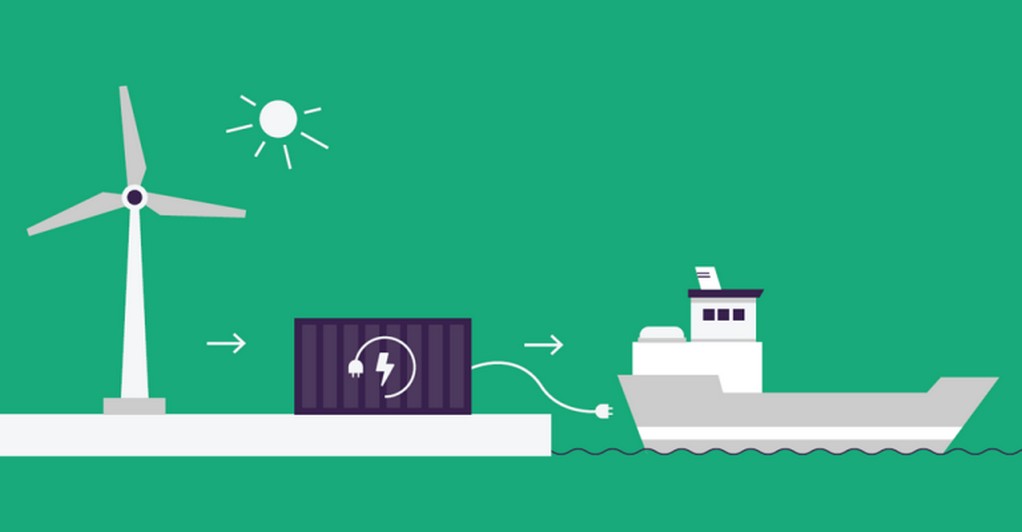International Council on Clean Transportation (ICCT), an NGO from Washington DC, conducts the study which is the first nationwide American port emissions screening for at-berth vessels. Using the ICCT’s systematic assessment of vessel emissions model and automatic identification system (AIS) data, the study estimates how much pollution is emitted by at-berth vessels and then identifies US ports where investments in shore power could meaningfully improve air quality in nearby communities.
The study’s estimates show that in the absence of shore power, at-berth vessels emitted approximately 27,000 tonnes of combined air pollutants (NOX, SOX, and PM10) and more than 1.4m tonnes of CO2 in 2019 (see map below). Of the 129 ports considered in this analysis, 43 high-priority ports and port groups overlapped with lower-income census tracts and areas that do not meet US Environmental Protection Agency air quality standards.
The 22-page working paper makes a strong case for shore power – also known as cold ironing or alternative maritime power – to allow at-berth vessels to plug into the local electrical grid and turn off auxiliary engines that would otherwise burn fossil fuel to power essential operations and emit greenhouse gases and air pollutants.
“US ports can use available federal funding to install zero-emission port equipment, develop air quality monitoring plans, or conduct emission inventories for more tailored emission estimates than this nationwide screening provides,” the ICCT study suggests.
More and more ports around the world are adding cold ironing facilities, but many in shipping are calling for far greater investments in this domain.
Tags: Emissions, ICCT, Shore Power



Recent Posts
Cavotec Secures €1.55 Million Shore Power Contract for Port of Antwerp-Bruges
APM Terminals and SANY Marine sign landmark agreement to accelerate decarbonisation
The Port of Gothenburg takes big step towards shore power connection for container and car/RoRo vessels
Alfa Laval secures order for the world’s first marine boiler system for ammonia waste incineration
ICAR-CIFT Mumbai Launches “Vikalpika” – India’s First Electric Fishing Vessel
IMO leads global shipping toward NetZero transition with new regulations
MPA and Bureau Veritas Renew Partnership to Advance Maritime Digitalisation, Decarbonisation, and Talent Development
RINA Grants AIP for Dual Fuel LNG/Hydrogen-Powered Ultramax Bulker Design Developed by Almi Marine Management S.A. and SDARI